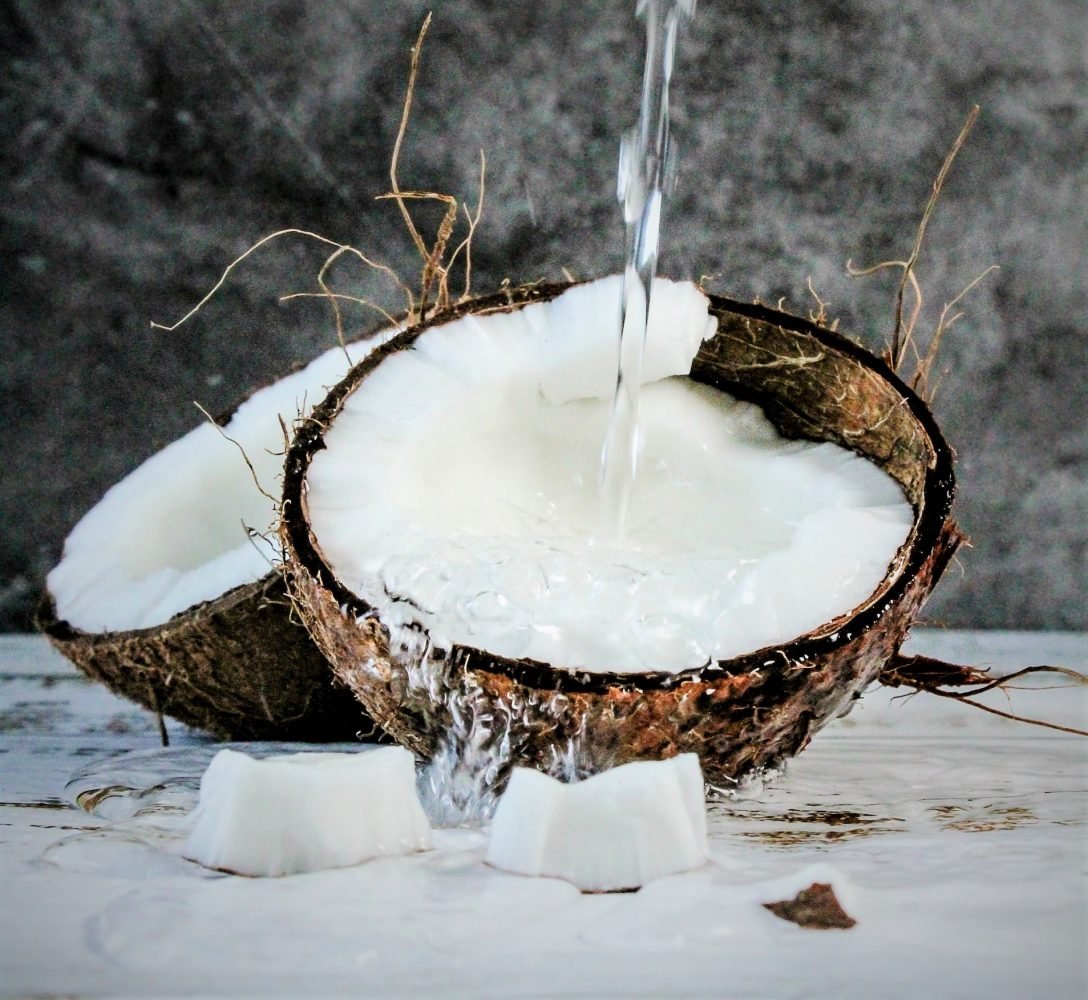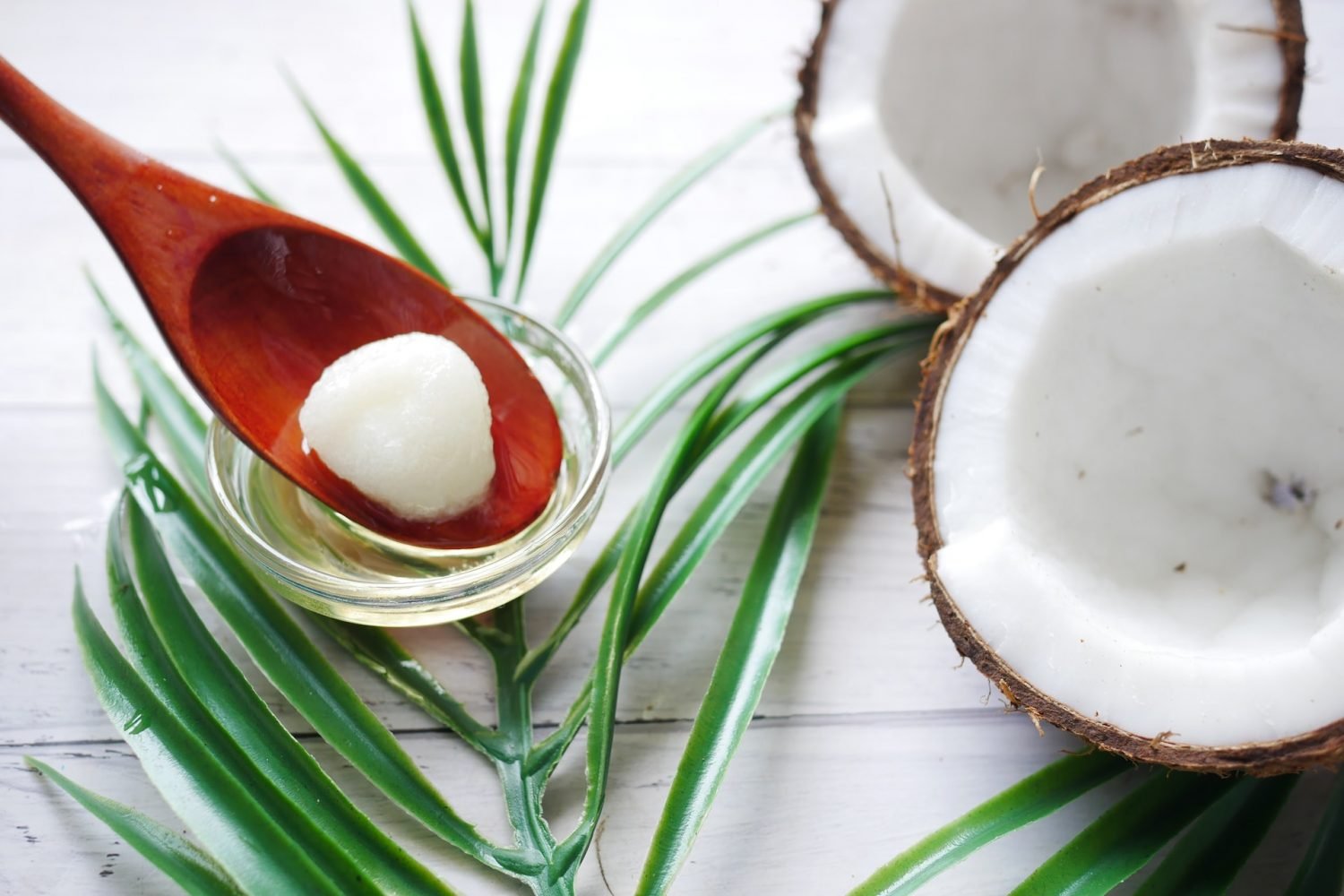Learning
Why we use MCT Oil?
Cannabinoid tinctures are becoming a favorite choice among those who want a more precise dosing and shorter wait time to feel the effects. When you look at the ingredients list for our tinctures, you’ll see that the only other ingredient besides the cannabinoids is MCT oil, which acts as the carrier oil. The decision to use MCT oil as our carrier oil was made with careful research, and one thing I can tell you is it’s more than just for consumer affordability.
While medium-chain triglyceride (MCT) oil is less expensive than other carrier oils, we use it in our tinctures because it improves the absorption of the active ingredients. This is why it can be found in most food products and nutritional supplements. Here we’ll discuss why carrier oils are necessary for tinctures and why MCT oil works better than most others.
WHAT’S THE POINT OF CARRIER OILS?
After a cannabinoid compound is taken from the cannabis plant, it is distilled into three types: isolate, broad, and full-spectrum (depending on the filtration level). Here are 5 reasons why carrier oils enhance our cannabinoid experience.
1. EASIER DELIVERY
The CBD you ingest will be absorbed more effectively with the help of carrier oil. In addition, due to its lipophilic (or “loves fat”) nature, CBD readily forms bonds with lipid molecules, enhancing the compound’s bioavailability.
2. KEEPING FRESHNESS
Carrier oils are essential for maintaining the stability and potency of your cannabinoids over time. Some vegetable oils, for instance, go rancid very quickly, rendering them useless. But because olive oil, coconut oil, and hemp seed oil oxidize slower, they keep the freshness of the compounds inside and make the tincture last longer.
3. DILUTING CANNABINOIDS
The cannabinoid concentration is very high after being extracted. But your body doesn’t need a lot of the cannabinoid compound to feel the effects (in fact, larger quantities can cause unwanted side effects!). Also, diluting the compound makes it much easier to make a consistent dose, which helps you adjust until you find a level that works for you.
4. IMPARTING FLAVOR
Distillate extracts are tasteless and odorless products. Carrier oils allow for more interesting flavor combinations, akin to how we use different types of cooking oils for other flavors in the kitchen. We take it a step further by adding more tantalizing flavors!
5. ADDING HEALTH BENEFITS
Some oils may have nutritional health benefits; olive oil has received much attention for its mood-boosting, heart-healthy goodness. That said, it’s still being determined whether three drops of CBD oil daily is enough to notice any real health benefits. Furthermore, olive oil isn’t the finest CBD carrier, but more on that later.

WHAT IS MCT OIL?
MCT, which stands for medium-chain triglyceride, is a group of saturated fats primarily derived from all-natural ingredients, including coconut and palm oil. MCT oil is odorless, tasteless, and safe to ingest and apply to the skin. It is produced by a process called fractionation. During fractionation, the long-chain fatty acids are taken out. This leaves an oil mostly made up of medium-chain triglycerides (MCT), a reference to the length of the chemical structure. Triglycerides, the technical term for fats, can be burned for energy or stored in your body.
Long-chain triglycerides, which include 13-21 carbon atoms, make up the majority of fats in the usual diet. Medium-chain triglycerides have 6-12 carbon atoms. The four main kinds of medium-chain triglycerides are caproic acid (C6), caprylic acid (C8), capric acid (C10), and lauric acid (C12). Each of these fatty acids has its own benefits, from reducing inflammation to fighting viruses and bacteria. And as a result of their shorter chain length, medium-chain triglycerides are broken down faster and absorbed by the body more quickly, so they are quickly turned into a source of energy.
MCT OIL VS COCONUT OIL
Medium-chain triglycerides (MCTs) can be extracted from many kinds of oil, but coconut oil is most often used because it has the most MCTs. Although they both come from coconuts, MCT oil and coconut oil are two different types of beneficial fats. Consider these facts:
- COCONUT OIL
Coconut oil is taken from coconut kernels and smells and tastes like coconut when it is in its natural state. Medium-chain triglycerides make up more than half of the fat in coconut oil (MCT). Coconut oil has a lot of antiviral, antibacterial, and antifungal properties, and it also has a lot of long-chain triglycerides. The body can store long-chain triglycerides as fat. Depending on room temperature, coconut oil can be a liquid or a solid.
- MCT OIL
The liver can get rid of CBD or any other cannabinoids you take. In the first step of metabolism, CBD is broken down into at least a hundred parts called metabolites, most of which are discarded. When this happens, the CBD is less bioavailable because some of it was lost during the process. According to research, MCT oil goes straight to your liver, which is burned as fuel instead of stored as fat.
This is where MCT oil is helpful. MCT oil makes it almost impossible for CBD to go through the liver’s first-pass metabolism. This lets the CBD get into the bloodstream faster. Simply put, MCT oil makes it easier for the body to absorb more CBD into the bloodstream, making the effects faster and better. In addition, MCT oil stays liquid at any temperature.
A CHOICE BASED ON RESEARCH
Our research and development team has worked hard to create cost-effective, non-gimmicky products that actually deliver results. Of course, we keep our word on the potent extracts that are the primary therapeutic ingredient in our products. But we also carefully consider every ingredient in our products, including MCT oil, which has its own godsends.
- Support weight loss
MCT oil is potentially helpful for weight loss because it is metabolized rapidly into an immediate energy source and is not stored as fat. In addition, it has been shown to improve the gut environment by encouraging the growth of good bacteria, and it also increases satiety by activating the release of certain hormones.
- Keep lactate levels down
When combined with exercise, MCT oil can help burn more fat and fewer carbohydrates. MCT oil has been gaining popularity among athletes and fitness enthusiasts after a study suggested it could promote the use of fat rather than carbohydrates during exercise. The same research revealed that MCTs can lessen lactate buildup during workouts.
- Combating bacteria
MCT oil may help ward off infections. It has antimicrobial and antifungal properties thanks to the fatty acids it contains, especially lauric acid, which inhibits the growth of yeast and bacteria.
WHY NOT HEMP SEED OIL?
People often confuse hemp seed oil with CBD oil made from hemp leaves or flowers. CBD oil is abundant with cannabinoids and terpenes. However, hemp seed oil does not contain any of it. Though they both come from the same plant, hemp seed oil might seem like the ideal carrier oil for cannabinoids.
Again, it comes back to the question of bioavailability. Bioavailability describes how well a substance is absorbed by the body. Some food groups, especially those rich in healthy fats, promote this by improving nutritional absorption in the body.
Because MCT oil has more saturated fat than hemp seed oil, it can carry more CBD molecules and deliver more cannabidiol to our cells to be absorbed.
HOW ABOUT OLIVE OIL?
MCT OIL MAY NOT BE FOR EVERYONE.
Before using an MCT oil-based tincture, talk to your doctor if you have dietary restrictions because of an illness. If your doctor tells you not to use MCT oil, try making your own tincture with distillates and a carrier oil of your choice. You can also add a pinch of CBD, CBN, or CBG Isolates to your morning glass of orange juice or your favorite smoothie recipe.
Please keep in mind that MCT Oil is harmful to the lungs and should not be used in vape fluids.

CANNABINOIDS AND MCT OIL COMPLEMENT EACH OTHER PERFECTLY.
The advantages of MCT oil give a clear clue as to why we choose it to make our tinctures. But, more crucially, cannabinoid extracts need a carrier such as MCT oil to do their job. Think about it as receiving a 30ml bottle of the potent CBD or Delta-8, for instance, with the extra health advantages of organic MCT oil.
But of course, as much as checking each ingredient is essential, so is checking the overall finished product quality. That’s why you’ll find all of our products are backed with lab test results and certificates of analysis. We appreciate and respect your faith in us. Thus we are committed to maintaining complete openness. Every product that leaves our facility is tested by an independent lab to verify that it meets our high consistency and quality standards.
Sign up for our newsletter for exclusive offers and let us help you find the ideal cannabinoids for your needs.

